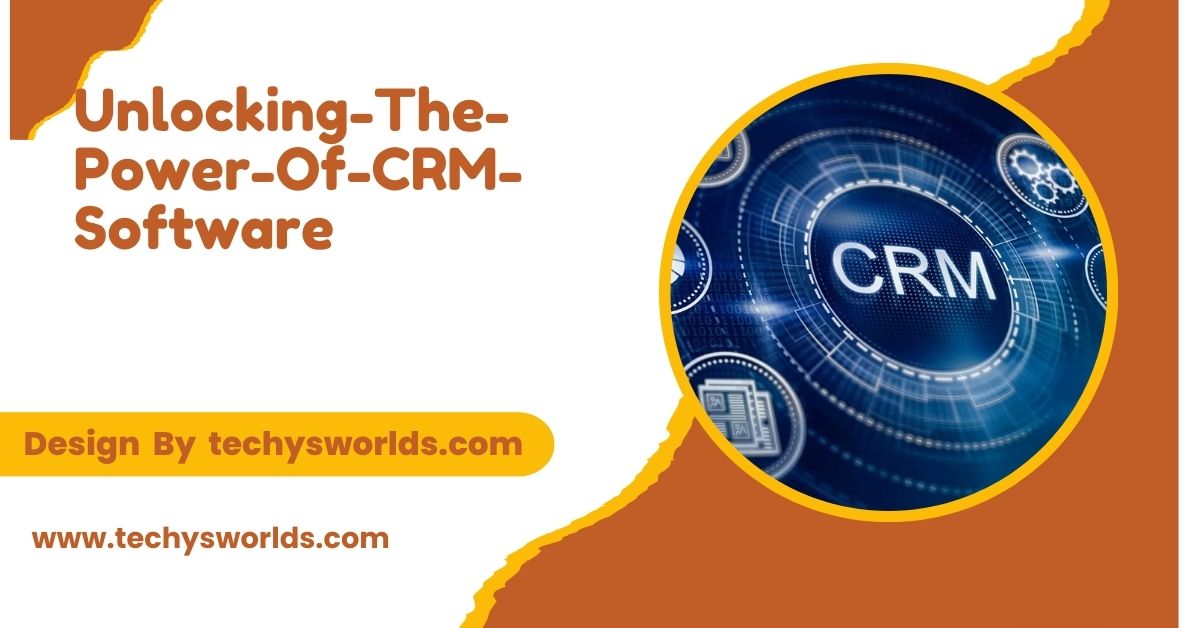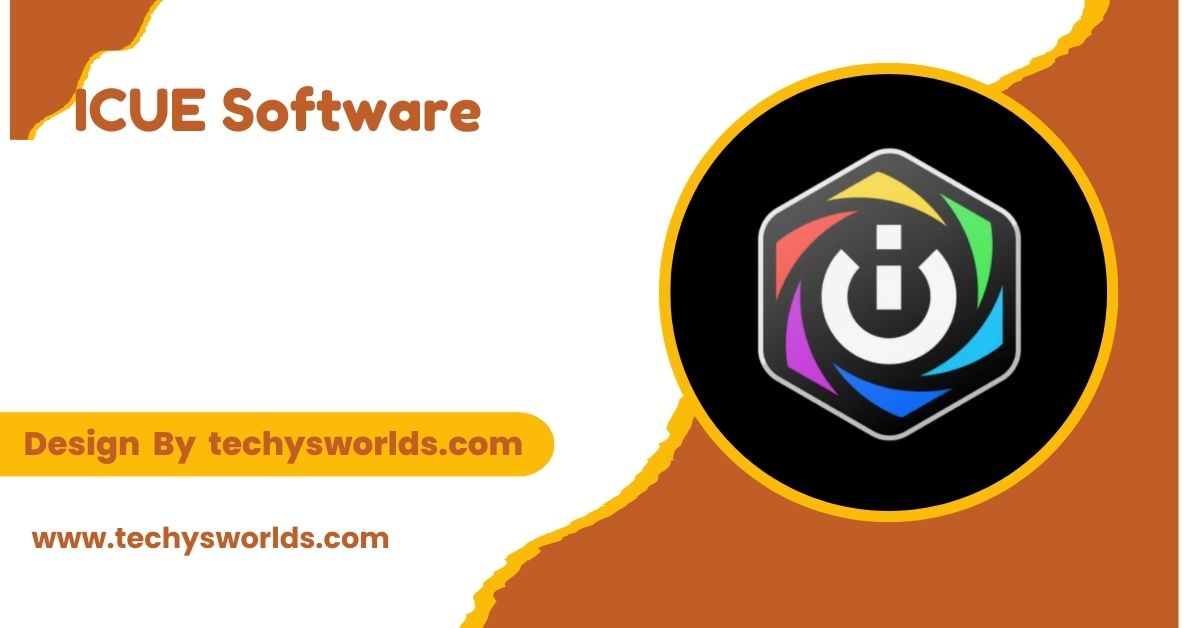CRM software helps businesses manage customer relationships, improve sales, streamline operations, and deliver personalized experiences by centralizing data, automating tasks, and providing valuable insights.
This article will explore the power of CRM software, its features, benefits, and how it helps businesses stay ahead in the ever-evolving market. From its role in improving sales and marketing to fostering better customer service, we will discuss how CRM software can unlock significant value for organizations of all sizes.
What is CRM Software?
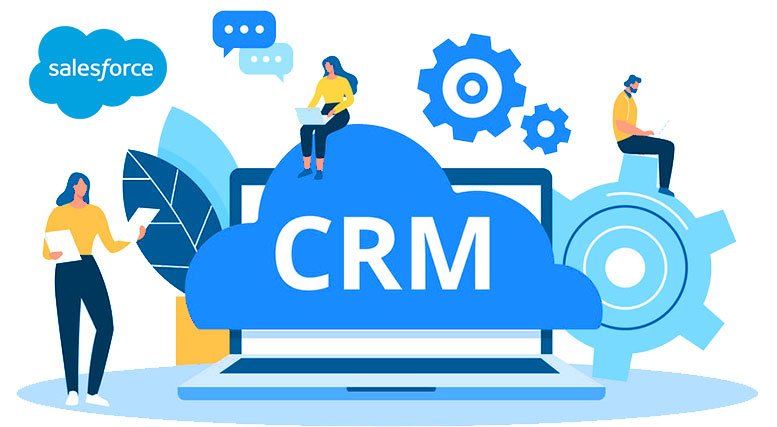
Customer Relationship Management (CRM) software refers to a technology solution that helps businesses manage their interactions with current and potential customers. CRM software allows organizations to store customer data, track interactions, and analyze customer behavior to improve engagement, sales, and service.
At its core, CRM is about understanding customers, anticipating their needs, and providing personalized experiences. CRM software consolidates customer information in one central location, making it accessible to all departments, which enhances collaboration, decision-making, and overall customer satisfaction.
Key Features of CRM Software:
- Customer Data Management: Stores detailed information about customers, including contact details, purchase history, and interactions.
- Sales Automation: Automates repetitive tasks, including lead tracking, follow-up emails, and data entry.
- Marketing Automation: Helps create targeted marketing campaigns based on customer segmentation and preferences.
- Customer Service Management: Provides tools for managing customer support tickets, inquiries, and feedback.
- Analytics and Reporting: Offers real-time reports and dashboards to track performance and customer insights.
The Role of CRM Software in Business:
CRM software plays a crucial role in optimizing business processes, enhancing customer interactions, and driving growth. By automating various functions and providing insights, CRM systems help businesses build stronger relationships with their customers and stay competitive in the marketplace.
Also Read: Epson Event Manager Software – An In-Depth Overview!
Improving Sales and Lead Management:
One of the most powerful features of CRM software is its ability to streamline the sales process. By tracking leads, opportunities, and deals in real time, CRM tools allow sales teams to prioritize tasks, follow up effectively, and close deals faster. CRM software can also automate tasks such as lead scoring, follow-up reminders, and outreach, which frees up time for sales representatives to focus on high-value activities.
Enhancing Customer Communication:
Effective communication is key to maintaining strong relationships with customers. CRM software helps businesses stay on top of customer interactions by storing communication history and preferences in one central system. This enables sales, marketing, and customer service teams to deliver more personalized communication and respond quickly to customer needs.
Delivering Personalized Customer Experiences:
In today’s customer-centric world, delivering personalized experiences is essential. CRM software helps businesses segment their customer base, track customer preferences, and analyze behavior to offer tailored solutions. By understanding customer needs and anticipating their next move, businesses can create a more personalized experience that drives loyalty and satisfaction.
Benefits of CRM Software:
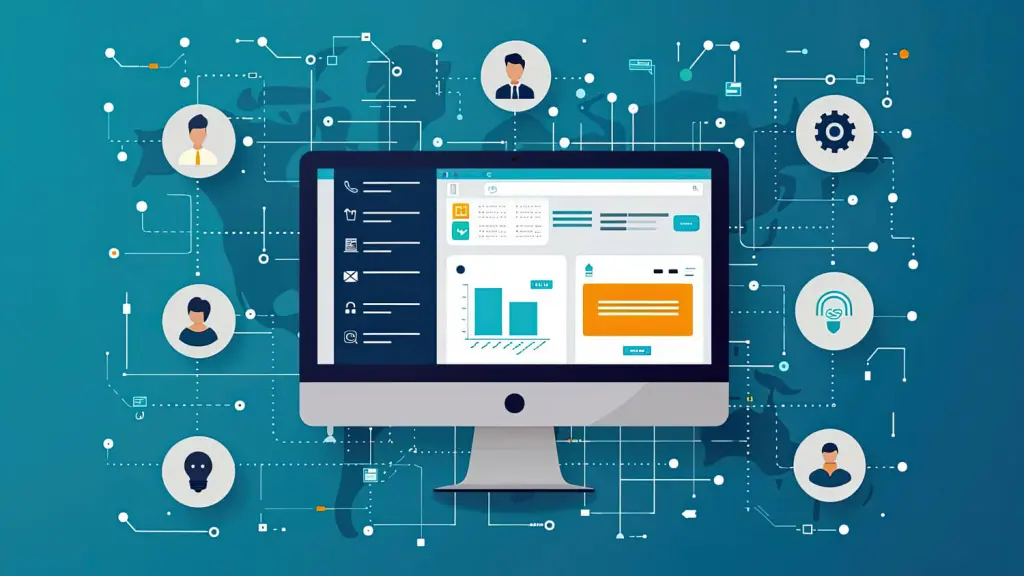
CRM software offers several benefits that can significantly enhance a business’s ability to manage customer relationships. Below are some of the key advantages organizations can expect from implementing a CRM solution:
Improved Customer Relationships:
CRM software enables businesses to gain a deeper understanding of their customers’ preferences, purchase history, and interactions. By using this data to personalize communication and provide relevant solutions, businesses can build stronger, more meaningful relationships with their customers. This personalized approach increases customer satisfaction, loyalty, and retention rates.
Increased Efficiency and Productivity:
CRM systems automate time-consuming tasks, such as data entry, lead tracking, and follow-up reminders. This automation reduces the administrative burden on employees, allowing them to focus on more strategic tasks. The streamlined workflows and real-time access to customer information also improve internal collaboration and decision-making, which leads to higher productivity.
Enhanced Sales Performance:
By providing sales teams with detailed customer insights, lead tracking tools, and automated follow-up reminders, CRM software boosts sales performance. Sales reps can prioritize high-value opportunities, track progress through the sales funnel, and close deals faster. With all customer information in one place, they can tailor their approach to each prospect, increasing the likelihood of conversion.
Data-Driven Decision Making:
CRM software collects vast amounts of customer data, which can be analyzed to uncover valuable insights. By using analytics and reporting tools, businesses can track key performance indicators (KPIs), identify trends, and make data-driven decisions. This empowers organizations to refine their strategies, optimize processes, and make informed choices that drive growth.
Better Customer Service:
CRM software enhances customer service by providing support teams with detailed customer profiles, including past interactions, preferences, and purchase history. With this information at their fingertips, support agents can resolve issues more quickly and efficiently. CRM software also helps manage customer inquiries, complaints, and requests, ensuring that every customer interaction is handled promptly.
How CRM Software Improves Key Business Functions:
CRM software impacts several core areas of business operations. Below are some of the most notable ways CRM solutions improve key business functions:
Also Read: What is qugafaikle5.7.2 Software – Comprehensive Guide!
Sales and Lead Management:
CRM tools help businesses track leads, opportunities, and sales progress. By capturing key data points, sales teams can understand where prospects are in the sales funnel and take targeted actions to move them forward. Lead scoring and automated follow-ups ensure that no opportunity is missed, and that leads are nurtured through personalized communication.
Marketing and Campaign Management:
CRM software plays a significant role in marketing by helping businesses run targeted campaigns. By analyzing customer behavior and segmenting audiences, businesses can create highly relevant and effective marketing campaigns. CRM also automates marketing tasks, such as email marketing, lead nurturing, and customer segmentation, to maximize reach and engagement.
Customer Service and Support:
CRM software enhances customer service by providing a unified view of all customer interactions. Support agents can quickly access customer profiles, track past issues, and provide faster solutions. CRM also facilitates ticket management and tracks issue resolution, ensuring that all inquiries are handled efficiently.
Reporting and Analytics:
CRM software provides businesses with valuable insights into customer behavior, sales performance, and marketing effectiveness. Customizable reports and dashboards give businesses the ability to measure KPIs, identify areas of improvement, and make data-driven decisions that drive business growth.
CRM Software for Different Industries:
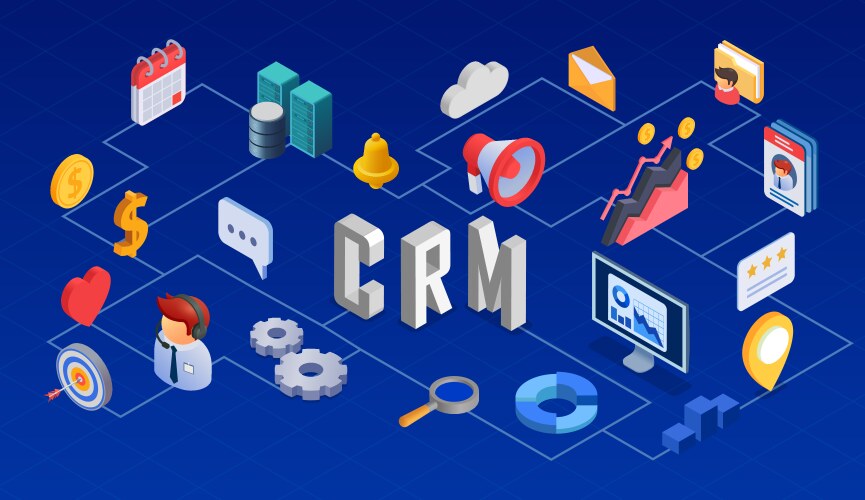
CRM software is versatile and can be tailored to meet the needs of businesses across different industries. Whether you are in retail, finance, healthcare, or technology, CRM software offers industry-specific features and benefits.
Retail:
In retail, CRM software helps businesses track customer preferences, purchase history, and behaviors to offer personalized shopping experiences. Retailers can use CRM data to create targeted promotions, loyalty programs, and follow-up campaigns that drive sales and customer retention.
Healthcare:
Healthcare providers use CRM software to improve patient engagement and manage appointment scheduling, medical histories, and follow-up reminders. CRM software helps healthcare organizations deliver more personalized care, resulting in better patient outcomes and satisfaction.
Financial Services:
CRM software in the financial sector helps institutions track client portfolios, manage customer interactions, and offer tailored financial products. By leveraging CRM data, financial services organizations can provide more personalized advice and improve client relationships.
Technology:
Technology companies use CRM software to manage customer support tickets, track software updates, and communicate with clients. CRM tools help tech companies provide faster support, enhance customer retention, and improve product development by tracking feedback.
CRM Software Deployment Options:
CRM software comes in various deployment options, including on-premise, cloud-based, and hybrid solutions. Each deployment type offers unique advantages depending on the size and needs of an organization.
On-Premise CRM:
On-premise CRM solutions are hosted within an organization’s infrastructure, providing more control over data and security. This option is ideal for businesses with strict data privacy requirements or those that prefer to manage their systems internally.
Cloud-Based CRM:
Cloud-based CRM software is hosted on the vendor’s servers and accessed via the internet. This option offers greater flexibility, scalability, and lower upfront costs. Cloud CRM solutions are ideal for businesses with remote teams or those looking for an easy-to-use, cost-effective solution.
Hybrid CRM:
Hybrid CRM combines the best of both on-premise and cloud-based solutions. It allows businesses to store sensitive data on-premise while utilizing cloud-based features for scalability and flexibility. Hybrid solutions are ideal for organizations that need a balance between security and convenience.
FAQ’s
1. What does CRM software do?
CRM software helps businesses manage customer interactions, track sales, and streamline marketing and customer service functions to enhance customer relationships and business performance.
2. How does CRM software improve sales?
CRM software improves sales by automating lead management, tracking sales activities, and providing real-time customer insights to help sales teams close deals faster and more effectively.
3. Can CRM software be customized?
Yes, CRM software can be customized to meet the specific needs of an organization, including custom fields, workflows, and reports that align with business processes.
4. Is CRM software suitable for small businesses?
Yes, CRM software is suitable for businesses of all sizes, and many CRM solutions offer scalable plans and features that cater specifically to small businesses.
5. What industries benefit from CRM software?
CRM software benefits a wide range of industries, including retail, healthcare, financial services, technology, and more, by enhancing customer relationships, improving efficiency, and driving growth.
Conclusion
CRM software is a powerful tool for businesses to manage customer relationships, enhance sales, and streamline operations. By providing insights, automating processes, and improving communication, CRM software helps organizations improve efficiency, drive growth, and deliver personalized experiences. It’s a crucial tool for success in today’s customer-centric world.
Related Posts
Also Read: Aztec Software Login – A Comprehensive Guide!
Also Read: 3D Printing Software – An Expert’s Guide!
Also Read: Application Software – A Thorough Exploration!
Also Read: Project Management Software – A Step-by-Step Guide!
